Pastor’s Corner (05/02/19)
Bear with one another and, if anyone has a complaint against another, forgive each other; just as the Lord has forgiven you, so you also must forgive. Colossians 3:13
In my previous Pastor’s Corner I invited us to ponder the process of repentance and forgiveness as outlined by Marjorie Thompson in her six-session study entitled “Learning Forgiveness: A Lenten Study.” Whether we embrace this process as individuals or as part of a community, it is critical for our growth as Christians. She invited us to begin by spending some time in self-reflection. It’s important to be aware of our feelings and experiences, then we can ponder how they guide our actions, often unconsciously. When we are able to fully embrace our experiences and feelings we can move on toward healing and a fuller life.
Session four of this study outlines a three-step process for seeking forgiveness from others.
- Acknowledge a particular offense and be willing to take responsibility for it. This involves admitting that real injury was done, a relationship damaged in some way—in dignity, respect, or trust. It also involves saying “I did this.”
- Show a visible feeling of regret or shame. This means it is clear to the offended party that the offender is personally affected by what she or he did and is troubled by it: “I am sorry for what I did, and regret the suffering I caused.”
- Be vulnerable to the offended party. This means offering no defense of oneself, standing exposed and vulnerable to the response of the offended person. An apology is offered with no guarantee of acceptance; forgiveness may be begged for and refused.
This is a particularly challenging process because it requires our willingness to be vulnerable with another person. Once we have sought forgiveness we then must trust in God’s grace and mercy. Sometimes the most difficult part for many of us is truly trusting in this gift of forgiveness and then letting go.
Session five describes the process we can follow to give the gift of forgiveness. Thompson reminds us that forgiveness isn’t simply a nice idea; Jesus calls us to forgive. She also tackles the difficult issue of the struggle we often have to forgive another person. Sometimes we simply aren’t ready. For many of us, the most difficult person to forgive is ourselves. Hearing the stories of those who have moved through this process can inspire us. Many of us were able to hear Pardeep Singh Kaleka at the Mayor’s Interfaith Prayer Breakfast on Friday, April 12th. His father was shot and killed while worshipping in the Sikh Temple in Milwaukee, Wisconsin in 2012. His journey toward forgiveness was truly inspiring and moving. Our community of Lincoln will also have the chance to experience the exhibit “The f word: stories of forgiveness” which will be at Gateway Mall from April 26 – May 16.
In the sixth and final session, Thompson invites us to think about the relationship between forgiveness and reconciliation. I suspect she would be the first to acknowledge that the journey towards forgiveness is a challenging one but well worth the effort. However we move through this process, on our own or as a part of a community, we are empowered to do so by our loving and forgiving God.
As we move through Eastertide, we are invited to embrace the new life that comes with resurrection. Learning to let go and forgive often ushers in this new life for us and others. May repentance and forgiveness be a part of our journey, not just during Lent, but also during this season of love and new life.
With joy and love,
Pastor Karen


